Gerard Liger-Belair lives in a bubble, and he doesn't care who knows it.
Bubbles are his passion. And they have given the 41-year-old French scientist arguably the best job in all of physics.
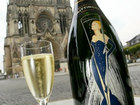 Full Story
Full Story
An international three-man crew onboard a Russian-made Soyuz capsule touched down successfully on the cloudless central Kazakhstan steppe Monday morning after 123 days at the International Space Station.
A fleet of Russian Mi-8 helicopters deployed from towns near the landing site ahead of the capsule's arrival early Monday morning to ensure swift interception.
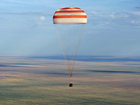 Full Story
Full Story
Bad weather is delaying the transfer of the shuttle Endeavour from Florida to California where it will be put on show, the U.S. space agency said Sunday.
Endeavour, which completed its final mission last year, was scheduled to leave the Kennedy Space Center on the back of a modified Boeing 747 on Monday but inclement conditions along the flight path pushed the departure to Tuesday, NASA said in a statement.
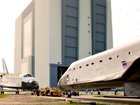 Full Story
Full Story
A woman took command of the International Space Station for only the second time Monday as three U.S. and Russian colleagues made a safe return from the orbiting space lab to the Kazakh steppe.
The Soyuz TMA-04M capsule touched down with U.S. astronaut Joe Acaba and Russian cosmonauts Gennady Padalka and Sergei Revin aboard, after deploying a huge white parachute and making a pin-point descent with helicopters tracking its progress.
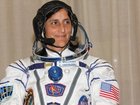 Full Story
Full Story
NASA's Opportunity rover, older brother to the Curiosity rover that landed on Mars last month, has made a new discovery that geologists find both puzzling and exciting, the U.S. space agency said Friday.
Opportunity, which has been on the Red Planet since 2004, has come across an outcrop of tiny spheres -- up to around an eighth of an inch (three millimeters) in diameter -- the likes of which scientists have never seen before.
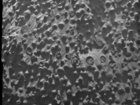 Full Story
Full Story
U.S. scientists have for the first time found proof that planets can form and survive around sun-like stars within dense star clusters, NASA said Friday.
Astronomers have spotted two Jupiter-like orbs in the Beehive Cluster, a collection of around 1,000 stars that appear to be swarming around a common center.
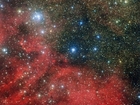 Full Story
Full Story
The cremated remains of legendary American astronaut Neil Armstrong were scattered at sea Friday, in a ceremony aboard a U.S. aircraft carrier paying final tribute to the first man to set foot on the moon, NASA said.
U.S. Navy personnel carried Armstrong's remains to the Atlantic Ocean one day after a somber memorial ceremony at the Washington National Cathedral for the famously reserved Apollo 11 commander, who died August 25 at the age of 82.
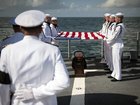 Full Story
Full Story
A team of scientists has identified a new species of monkey in central Africa that had been known to the locals simply as lesula, a medium-sized, slender animal that looks similar to an owl-faced monkey that was already known to scientists.
In findings published this week in the scientific journal Plos One, the researchers identified the species as Cercopithecus lomamiensis, which is endemic to the lowland rainforests of central Congo. This is only the second time in the past 28 years that a previously unknown species of monkey has been identified, they said, highlighting the importance of preserving biodiversity in a part of central Africa where forests are threatened by illegal logging.
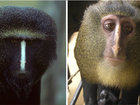 Full Story
Full Story
The baby of NASA's space shuttle fleet is about to leave home — for good.
At sunrise Monday, Endeavour will depart Kennedy Space Center for a museum in California, with a two-day stopover in Houston, home to Mission Control and the astronauts who flew aboard the replacement for the lost shuttle Challenger.
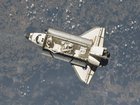 Full Story
Full Story
Antarctica's Ross Sea is often described as the most isolated and pristine ocean on Earth, a place where seals and penguins still rule the waves and humans are about as far away as they could be. But even there it has proven difficult, and maybe impossible, for nations to agree on how strongly to protect the environment.
The United States and New Zealand have spent two years trying to agree on an Alaska-sized marine sanctuary where fishing would be banned and scientists could study climate change. U.S. Secretary of State Hillary Rodham Clinton took a strong interest in the outcome, regularly prodding diplomats, and New Zealand recently sent a delegation to Washington to hash out a tentative deal.
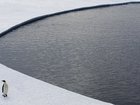 Full Story
Full Story



